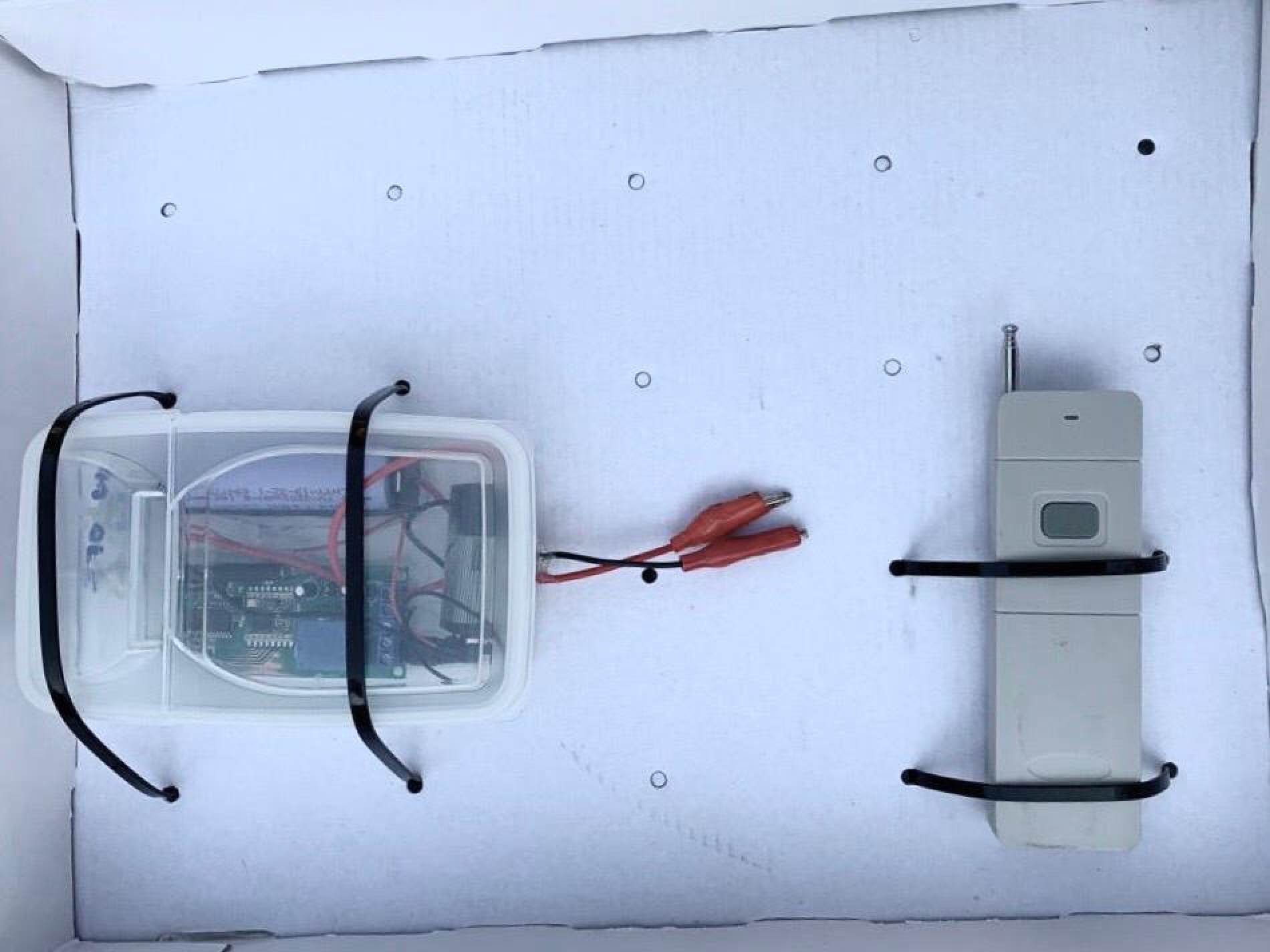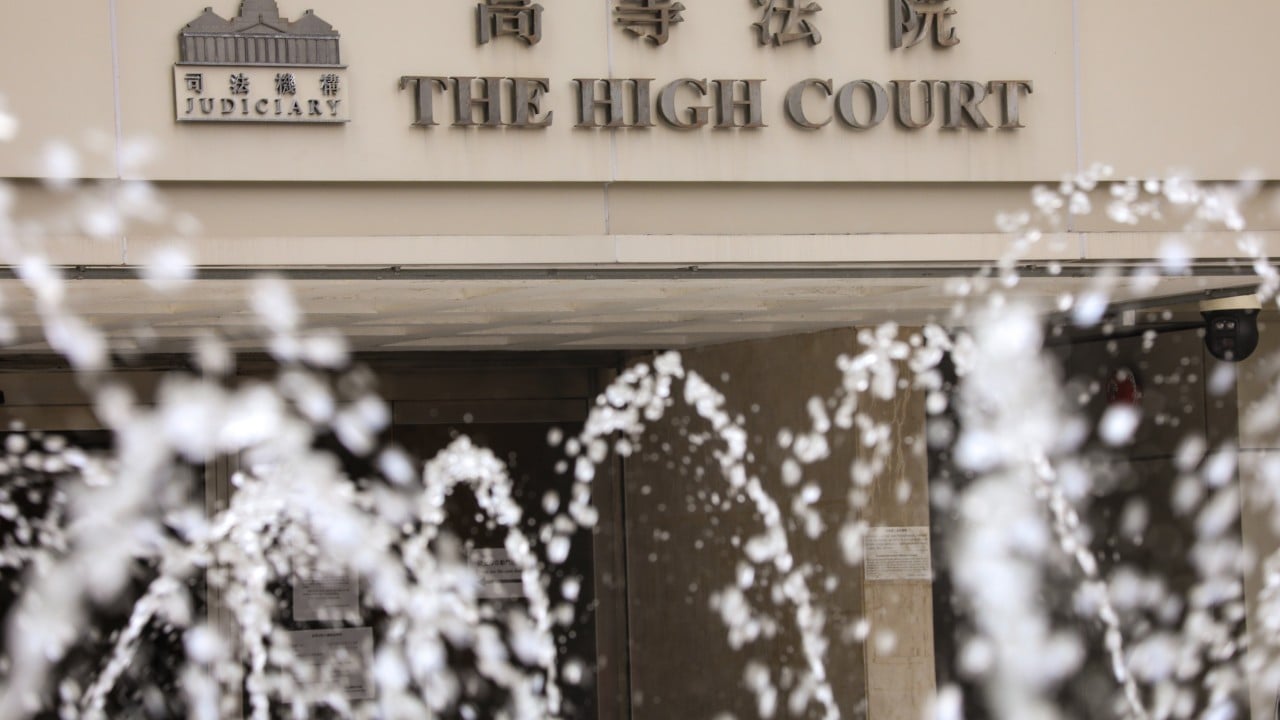A man faces the prospect of life imprisonment after a Hong Kong court convicted him of conspiring with a radical group to attack police with a remote-controlled bomb at the height of the anti-government protests five years ago.
A seven-member High Court jury on Friday reached a majority verdict of six to one following more than four hours of deliberations to convict Kwan Ka-yiu, 32, of a conspiracy to cause explosions of a nature likely to endanger life or to cause serious injury to property.
The two other defendants in the case earlier pleaded guilty before the 20-day trial.
Madam Justice Anna Lai Yuen-kee adjourned the case until August to hear pleas of mitigation from the defence before sentencing.
She called for a background report on Kwan, who had refused to disclose information about his family to the court.
Police arrested Kwan after he joined school laboratory assistant Chui Tin-lok and electrical technician Freeman Ho Kin-chung to test an improvised explosive device on a hillside in Tuen Mun on December 14, 2019.
Chui, who was then working at SKH St Simon’s Lui Ming Choi Secondary School in Tuen Mun, and Ho pleaded guilty to the same conspiracy offence in January last year.
The court heard the trio intended to plant a bomb at either a police station or a roadblock during protests after two unidentified men offered to pay them HK$200,000 (US$27,600).

Prosecutors said Kwan contributed to the plot by sourcing the necessary equipment and identifying venues for testing.
On December 14, 2019, the trio went to an obscure location in Tuen Mun’s Siu Lang Shui Road carrying explosive chemicals, shields, helmets and bulletproof vests.
Police, who had been monitoring them, intercepted the suspects after the latter completed the test and found a bag of white-powdered substance in Kwan’s possessions.
A forensic analysis identified the substance to be a mixture of mercury and mercuric nitrate, which were believed to be the by-products of a failed effort to produce the highly reactive mercury fulminate.
Kwan’s defence counsel argued in the trial his client had only intended to produce smoke grenades and impress his sponsors by sending them some pictures of the experiments.
The defence also raised questions about the evidence, including whether Kwan was indeed one of the suspects involved in the test on December 14 and if the evidence seized had been tampered with.
The judge, in her direction to the jury, highlighted that a conspiracy existed as long as the participants had an agreement to breach the law. Whether a bomb was successfully made or anyone injured was irrelevant, she said.
The judge also asked jurors to discard any animosity they might harbour towards police when arriving at a verdict.
The three defendants have been remanded in custody since their first court appearance in December 2019.


